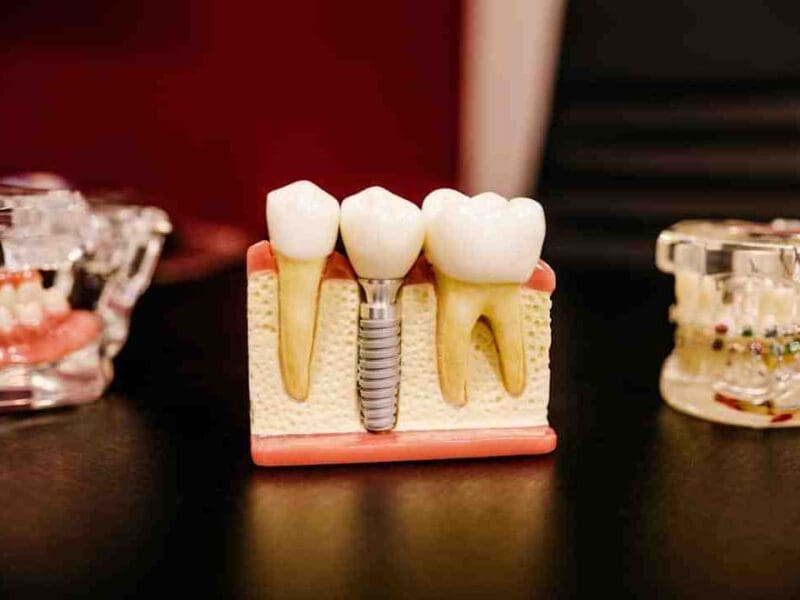
How to Find Residential Treatment Options in NM for Depression and Anxiety.
[Step-by-Step Guide]
Finding residential treatment options in NM for depression and anxiety involves several steps. Residential treatment programs provide intensive care in a structured and supportive environment. Here’s a guide on how to find these options:
Consult with a Mental Health Professional: Start by speaking with a mental health professional, such as a therapist, psychiatrist, or primary care physician. They can assess your condition and recommend appropriate treatment options, which may include residential treatment.
Insurance Verification: If you have health insurance, contact your insurance provider to determine what types of treatment are covered, what facilities are in-network, and what the financial aspects of treatment will be.
Online Search: Use online resources to search for residential treatment centers in New Mexico that specialize in depression and anxiety treatment. Websites like Psychology Today, SAMHSA (Substance Abuse and Mental Health Services Administration), and The National Alliance on Mental Illness (NAMI) can help you find options.
Contact Local Mental Health Organizations: Get in touch with local mental health organizations, crisis hotlines, or support groups in New Mexico. They often have information about available treatment options and can provide guidance.
Ask for Recommendations: Seek recommendations from friends, family members, or healthcare professionals who may have knowledge of reputable residential treatment centers in the area.
Research Facilities: Once you have a list of potential treatment centers, research each one thoroughly. Look for information on their websites, including treatment approaches, staff qualifications, success rates, and reviews from former patients.
Contact the Facilities: Reach out to the treatment centers you’re interested in. Ask questions about their programs, the admissions process, the duration of treatment, costs, and any other concerns you may have.
Visit the Facilities: Whenever possible, schedule visits to the facilities you’re considering. This will allow you to see the environment, meet staff, and get a better sense of whether it’s a good fit for your needs.
Check Accreditation and Licensing: Ensure that the residential treatment center is accredited and licensed by relevant state authorities. This guarantees that they meet specific standards of care.
Consider Location: Consider the location of the facility. Do you prefer a center close to home, or are you willing to travel to receive treatment? The location may affect your decision.
Evaluate Your Needs: Make sure the residential treatment program aligns with your specific needs. For example, some programs may specialize in dual diagnosis (depression and substance abuse), while others focus solely on mood disorders.
Consult with Your Healthcare Team: Continue to involve your mental health professionals in the decision-making process. They can provide valuable insights and help you make an informed choice.
Review Financial Options: Consider your financial situation and explore payment options, such as insurance coverage, scholarships, grants, or sliding scale fees offered by some treatment centers.
Prepare for Admission: If you decide on a residential treatment program, follow the admission process outlined by the facility. This typically includes a pre-admission assessment and paperwork.
Remember that finding the right residential treatment program for depression and anxiety is a critical step in your mental health journey. Take your time to research and make an informed decision to ensure you receive the best care possible.
Getting Help for Anorexia or Bulimia in Albuquerque.
If you or someone you know is struggling with anorexia or bulimia in Albuquerque, it’s essential to seek professional help. Eating disorders can have serious physical and psychological consequences, so it’s crucial to reach out to experts who specialize in their treatment. Here are some steps you can take to getting help for anorexia or bulimia in Albuquerque.
Consult with a Primary Care Physician: Start by talking to a primary care physician. They can assess the physical health of the person struggling with the eating disorder and provide referrals to specialists and treatment centers.
Seek Out a Therapist or Counselor: Eating disorders often have underlying emotional and psychological factors. A therapist or counselor who specializes in eating disorders can provide individual therapy to address these issues.
Find a Registered Dietitian: A registered dietitian who specializes in eating disorders can help develop a balanced and healthy eating plan tailored to the individual’s needs.
Contact Support Groups: Support groups can be valuable for individuals struggling with eating disorders and their families. These groups provide a safe space to share experiences and receive support. Organizations like the National Eating Disorders Association (NEDA) may have resources or local support groups in Albuquerque.
Research Treatment Centers: Consider inpatient or outpatient treatment centers specializing in eating disorders. These facilities offer comprehensive care and support, including medical and psychological treatment.
Contact Crisis Hotlines: If you or someone you know is in immediate danger due to an eating disorder, call 911 or go to the nearest emergency room. You can also contact the National Eating Disorders Association Helpline at 1-800-931-2237 (available Monday through Thursday, from 9 AM to 9 PM EST, and Friday, from 9 AM to 5 PM EST) for guidance and support.
Consult with a Psychiatrist: In some cases, medication may be necessary to treat co-occurring mental health conditions like depression or anxiety that often accompany eating disorders. A psychiatrist can assess and prescribe appropriate medications.
Remember that seeking help for anorexia or bulimia is a significant step toward recovery. Don’t hesitate to reach out to healthcare professionals and support organizations for guidance and assistance in Albuquerque.







